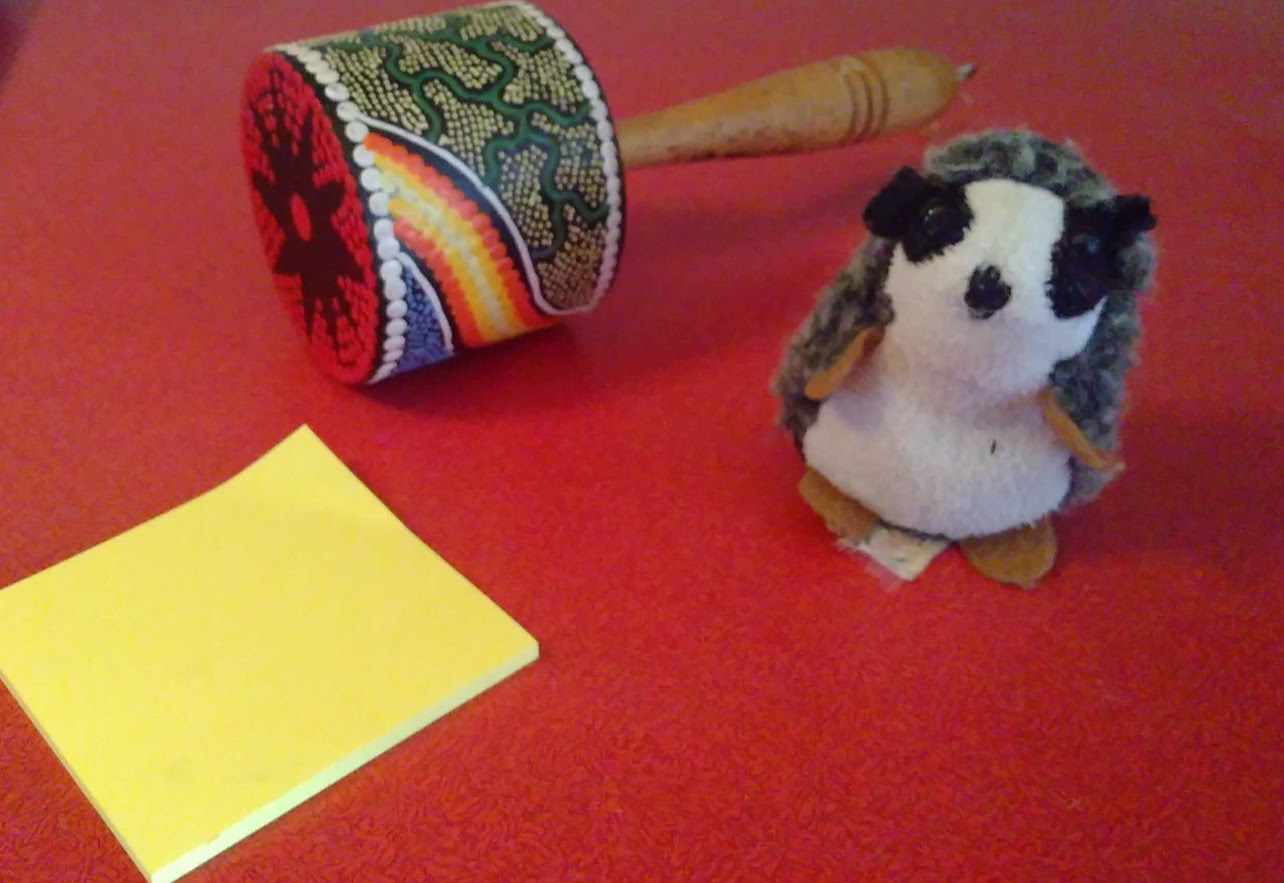
This game generates dialogue, raises awareness about generalisations and creates an opportunity for children to deepen their understanding of a topic.
The teacher provides a challenge such as: Can you write a true statement about Ancient Greece using the word always or never?
Students work in pairs. They might come up with: Ancient Greeks always used science to guide their lives.
The teacher then selects pupils to say their statements and invite challenge from others. Someone could say: I would like to respectfully challenge your statement because we learnt that Ancient Greeks also took part in religious rituals. And so the discussion continues.
In English the teacher might say, “Grammar challenge: can you write a true statement about verbs using always or never?”
You can also use two contrasting concepts, and this variation is a great P4C starter. For example, adults/children: Adults never… Children never… Adults always… Children always…
An oracy game, a mental workout, and an opportunity to practise respectful challenge
A quick, active game that helps pupils reflect on their own talk
Get students thinking and talking with a game that only takes moments to set up.
Seven quick activities to develop talk, listening and non-verbal communication
Ways to develop talking at a distance
Generating dialogue, comparing concepts, deepening understanding.
Simple-yet-effective techniques to get three year olds talking and keep them focused.
Tips for playing this popular P4C warm-up game which develops creative thinking plus turn-taking, listening, responding, and recognising shapes.
Celebrating a useful and fun resource.
The game ‘Odd One Out’ is a great way to begin lessons on specific themes or topics - you can quickly create a resource box that will last for the duration of the topic.
An example of raising engagement in learning using the power of open questions.

























Can they remember what everyone else said?